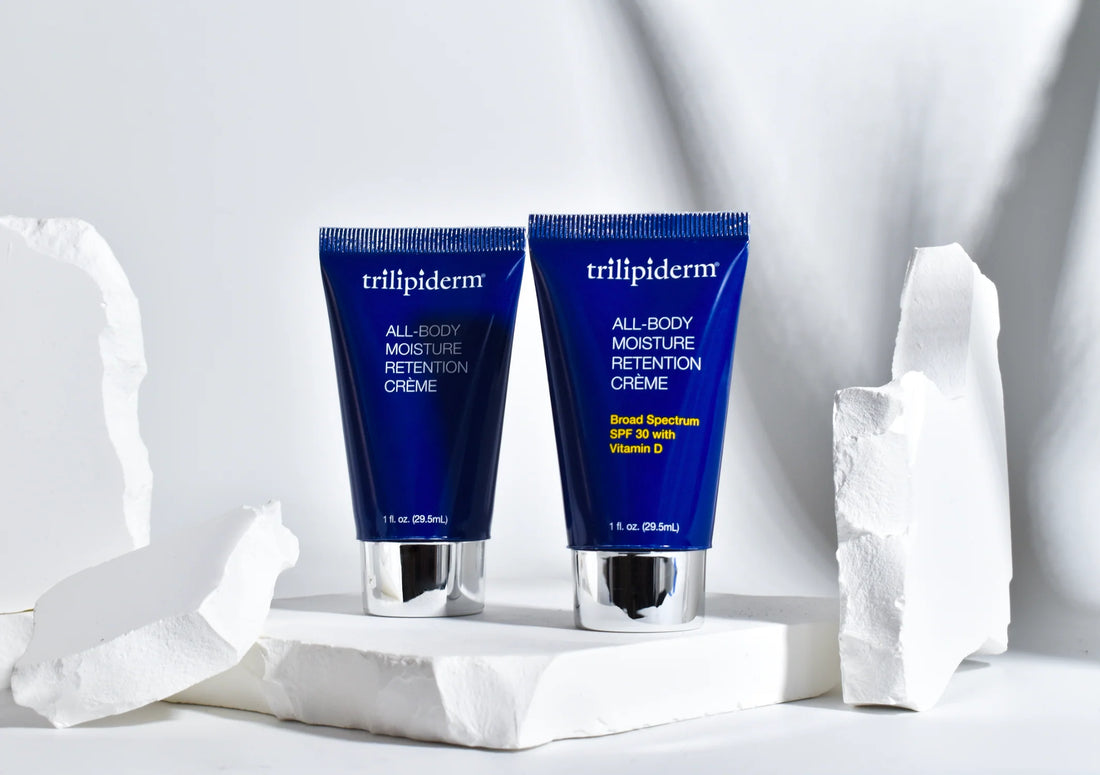Are you experiencing itchy skin after spending time in the sun? Can sun exposure cause itchy skin? In this article, we will talk about sun-induced itchy skin, including conditions like solar urticaria, and provide practical advice on prevention and treatment, such as putting SPF skin moisturizers.
Understanding Solar Urticaria
Can sun exposure cause itchy skin? Solar urticaria is a condition characterized by an itchy rash or hives that develop shortly after sun exposure. It occurs when the skin has an abnormal reaction to sunlight, particularly to UV rays.
The exact cause of solar urticaria is not fully understood, but it is thought to involve the release of histamine and other inflammatory substances in response to sunlight. This allergic reaction leads to the characteristic itchy patches or raised welts on the skin.
Symptoms of Solar Urticaria
If you have solar urticaria, you may experience the following symptoms:
- Itchy, red rash or hives on exposed areas of the skin.
- Burning or stinging sensation.
- Swelling or fluid-filled bumps.
The rash may appear quickly after sun exposure and subside within hours or days.
Can Sun Exposure Cause Itchy Skin?
Looking for the answer to your question, "Can sun exposure cause itchy skin?" Yes, sun exposure can cause itchy skin. Aside from solar urticaria, other sun-related skin reactions can also cause itchiness. Photodermatitis, for example, is an umbrella term for a range of skin conditions that result in an itchy rash after exposure to sunlight.
These reactions can be triggered by various substances, including certain medications or topical products, which make the skin more sensitive to sunlight. The combination of sunlight and these triggering factors can cause an itchy or painful rash to develop.
Medications & Risk Factors That Can Increase Sun Sensitivity
Certain medications can increase your skin's sensitivity to sunlight and make you more prone to itchy skin and other sun-related skin issues. If you're taking any medications and experiencing sun-related itchy skin, consult your healthcare professional to determine if the medication could be contributing to your symptoms.
Antibiotics and Sun Allergies
Antibiotics like tetracycline, doxycycline, and sulfamethoxazole can potentially lead to sun allergies. These antibiotics contain chemical compounds that can cause the skin to become more sensitive to the sun's ultraviolet (UV) rays. This increases your risk of developing sunburn, hives, and rashes after sun exposure.
NSAIDs and Sun Sensitivity
Nonsteroidal anti-inflammatory drugs (NSAIDs), such as ibuprofen and naproxen, are commonly used to relieve pain and inflammation. However, they can increase your risk of skin damage from the sun.
NSAIDs can cause sun sensitivity by altering the immune system's response to UV light, which makes the skin more susceptible to sunburn, itching, and other skin reactions.
Diuretics: A Hidden Cause of Sun-Induced Skin Problems
Diuretics are medications used to treat high blood pressure and congestive heart failure by reducing excess fluids in the body. However, some diuretics, like furosemide and hydrochlorothiazide, can increase sun sensitivity, which can result in itchy skin, rashes, and other skin reactions.
How to Treat Sun-Induced Itchy Skin
If you're dealing with sun-induced itchy skin, here are some practical steps to alleviate the discomfort:
Soothe and Alleviate Itchiness with a Cool Compress
To alleviate the discomfort of sun-induced itchy skin, try applying a cool, damp towel or washcloth to the affected areas. The cool temperature can provide relief from itchiness and help reduce inflammation.
Use Corticosteroid Creams to Soothe and Reduce Inflammation
Over-the-counter hydrocortisone creams can help soothe itchiness, redness, and inflammation caused by sun exposure. Follow the package instructions and apply the cream as directed to the affected areas. Hydrocortisone creams can be effective in alleviating symptoms and promoting skin healing.
Reduce Itchiness with Oral Antihistamines
Taking oral antihistamines can help reduce itchiness and allergic reactions associated with sun exposure. Consult a healthcare professional for appropriate antihistamine options that suit your specific needs.
Antihistamines can block the effects of histamine, a substance released during an allergic reaction, and provide relief from itchiness and other related symptoms.
Hydrate and Protect Your Skin with Moisturizers
Using a gentle, fragrance-free moisturizer can hydrate your skin and alleviate dryness, which can worsen itchiness.
The All-Body Moisture Retention Creme Broad Spectrum SPF 30 is an excellent choice as it not only protects your skin from harmful UV rays but also helps soothe and hydrate the skin to prevent irritation and discomfort associated with sun exposure.
Don't forget to moisturize your face with SPF protection as well, such as the Protective Day Crème – Broad Spectrum SPF 30 to have protection from harmful UVA and UVB rays.
Preventing Sun Allergy, Itchy Skin, and Sun Rash Caused by the Sun
Prevention is key when dealing with sun-induced itchy skin. Here are some preventive measures you can take with sun-exposed skin:
Avoid Peak Sun Hours: Stay Out of the Sun When It Is Strongest
To prevent itchy skin caused by the sun, avoid direct exposure during peak sun hours, typically between 10 a.m. and 4 p.m. During these times, the sun's rays are the strongest, increasing the risk of sunburn and skin irritation. Plan indoor activities or seek shade outdoors during these hours to minimize your skin's exposure to harmful UV rays.
Wear Protective Clothing: Shield Yourself from Direct Sunlight
Protective clothing can act as a barrier between your skin and the sun's rays. Opt for lightweight, loose-fitting clothing that covers as much of your skin as possible. Wearing a wide-brimmed hat can shield your face, neck, and ears, while sunglasses can protect your eyes and the delicate skin around them from UV damage.
Apply Sunscreen: Use a High SPF Sunscreen for Effective Protection
Sunscreen helps in preventing itchy skin caused by sun exposure. Choose a broad-spectrum sunscreen with a minimum SPF of 30. Apply it generously to all exposed areas of your skin at least 15 minutes before going outdoors. Reapply every two hours or more frequently if you are swimming or sweating.
Seek Shade: Minimize Direct Sun Exposure
When possible, seek shade to reduce direct sun exposure. Take advantage of trees, umbrellas, or other structures that can provide a shaded area. This helps to lower the intensity of UV rays on your skin, decreasing the risk of sunburn and itchy skin.
Prevent Itchy Skin Caused by Sun Exposure
So, can sun exposure cause itchy skin? Yes, and sun protection and skin hydration can help you avoid this and maintain healthy and comfortable skin. Take care of your skin, and enjoy the sun responsibly!
Looking for products to avoid itchy skin caused by the sun? Trilipiderm offers a range of products including The Sun Bundle that can protect your skin from the harmful effects of the sun.
Shop from Trilipiderm today!

